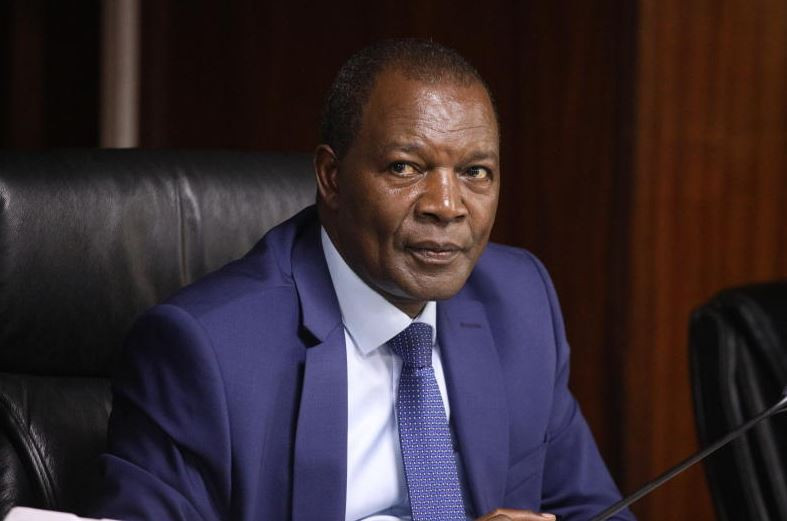Kenya Power is seeking a way out of the challenges that the weak shilling has dealt it, including plunging it into loss-making last year.
The electricity distributor, which is among the largest consumers of foreign currency in the country, is looking for a consultant to develop a solution that will help reduce the impact of the weakening shilling.
The weak shilling has had a major impact on Kenya Power and saw it plunge into losses over the last financial year. The company posted a Sh3.19 billion after-tax loss for the year to June 2023 from a net profit of Sh3.2 billion in 2022.
This, it said, was due to higher finance costs resulting from fluctuations in the exchange rate between the dollar and the shilling.
“Kenya Power and Lighting Company intends to procure the services of an organisation to offer consultancy services to develop a Foreign Exchange Risk Management Solution,” said the firm in tender documents.
In developing the solution, the selected firm will be tasked with undertaking an “in-depth review of the current systems on foreign exchange management, conduct an exhaustive analysis of existing foreign exchange exposure and possible risk mitigation approaches and the review of purchase agreements, loan agreements and other transactions involving foreign currencies: identification of sources of foreign exchange risk and its effect on financial statements.”
The company will also assess the effectiveness of the forex recovery mechanisms it has in place as well as determine the most viable option for mitigating foreign exchange risk from the alternatives.
Kenya Power has in the recent past tried to put in place measures to reduce the impact of the weak shilling, including an attempt to implement a dollar-based billing for its electricity.
It had been expected that such a model could potentially be implemented for large customers, such as exporters, foreign missions and other locally based international organisations that get some of their income in dollars.
This, the firm said, would help generate cash in dollars and help in meeting some of its dollar-denominated obligations. It had also considered getting into talks with some of the power producers to pay some of its foreign currency-denominated obligations in local currency.
The firm has in the past noted that while it has an adequate cash flow to pay power producers, the weak shilling as well as an earlier shortage of the US in the local market had been a major strain in its bid to service foreign currency-denominated obligations.
 The Standard Group Plc is a multi-media organization with investments in media
platforms spanning newspaper print operations, television, radio broadcasting,
digital and online services. The Standard Group is recognized as a leading
multi-media house in Kenya with a key influence in matters of national and
international interest.
The Standard Group Plc is a multi-media organization with investments in media
platforms spanning newspaper print operations, television, radio broadcasting,
digital and online services. The Standard Group is recognized as a leading
multi-media house in Kenya with a key influence in matters of national and
international interest.
 The Standard Group Plc is a multi-media organization with investments in media
platforms spanning newspaper print operations, television, radio broadcasting,
digital and online services. The Standard Group is recognized as a leading
multi-media house in Kenya with a key influence in matters of national and
international interest.
The Standard Group Plc is a multi-media organization with investments in media
platforms spanning newspaper print operations, television, radio broadcasting,
digital and online services. The Standard Group is recognized as a leading
multi-media house in Kenya with a key influence in matters of national and
international interest.










